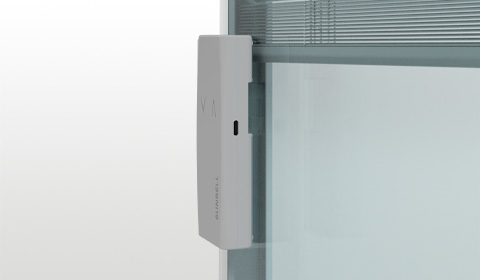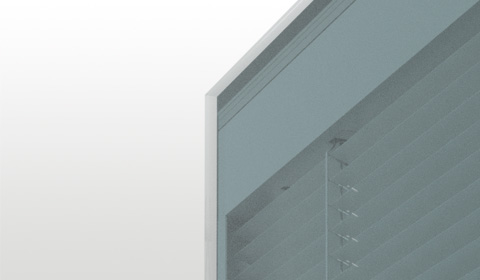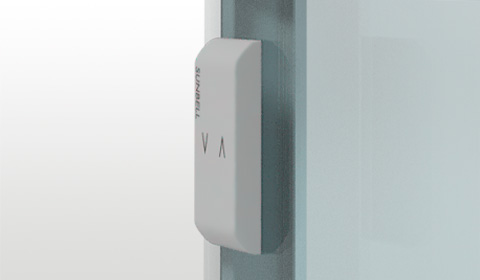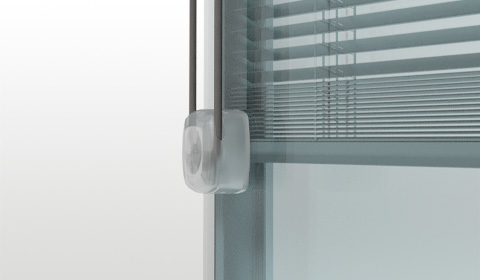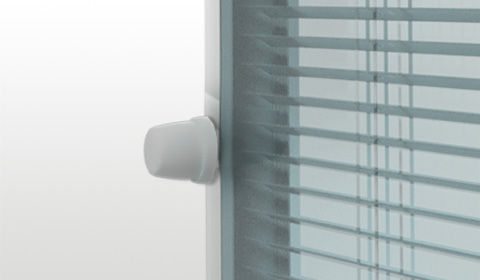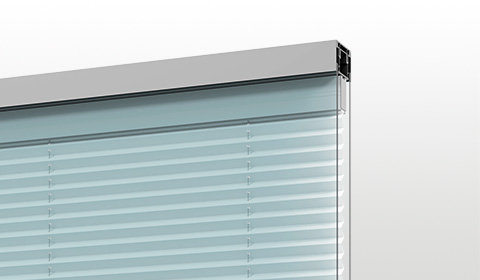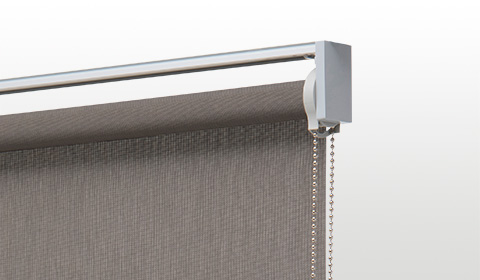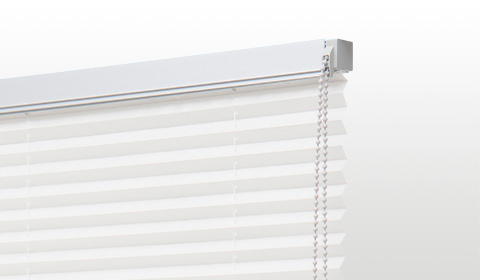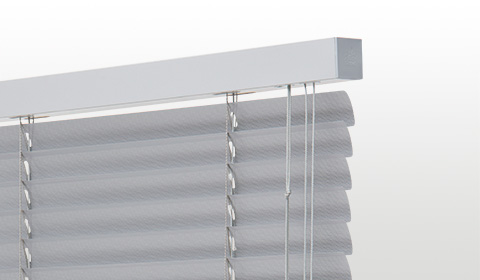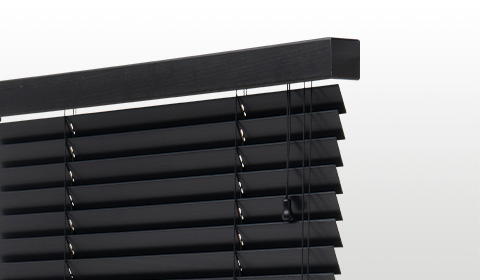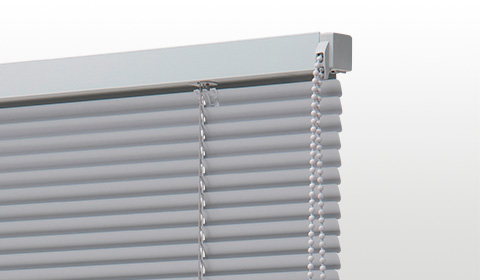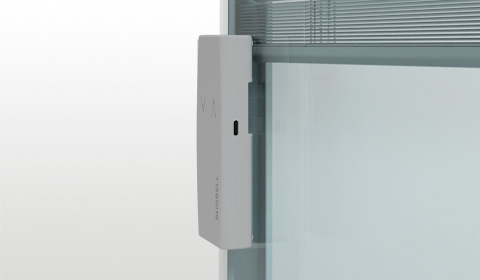When you started your studies in architecture, your dream was probably to open a studio to practice freely.
As you graduate and take your first steps into the world of work, you realise that it’s not as easy as snapping your fingers and that there’s a long way to go.
Today, the profession of architect is increasingly complex due to the composite regulatory machinery governing architecture, construction, and urban planning and the current rules of the reform of the jobs.
In Europe, the ACE – Architects’ Council of Europe – has clearly and precisely summarised the various characteristics and requirements for practising the profession.
On their website, you will find a clickable map and, depending on the country you choose, you can find out:
- professional title requirements;
- how to become an architect in the country in question;
- information on possible internships;
- liability and insurance to be taken out;
- if continuous professional development is required;
- requirements for practising the profession;
- architectural policy.
That said, let’s take a look at some practical, original, and creative advice on how to open and enhance your architecture studio.
5 tips for opening an architecture office
Today, an architecture office has to keep up with the times and provide creative and strategic services, such as introducing production processes, measuring results, and marketing.
Here are some valuable and practical tips to get your business off the ground.
1. Build a Business Model and study the market
The Business Model is a schematic representation of how your business works, showing how you use your resources to create value.
A business model for architects must focus mainly on three components:
- The Target market
- Combination of your resources and how they bring value to the customer
- Structure of your resources and competencies
These three points will have to compare with those of your competitors and win hands down to acquire more and more customers.
The challenge in the field is all about market demand, i.e., between what you can offer and the interest of possible customers.
When you identify the target market you want to address, you will have to evaluate existing offers for that segment and study a more effective one.
One of the strengths of an architecture office is to have several market segments available to ensure a constant flow of clients.
2. Choose a specific activity
In your professional background, you will undoubtedly have several activities in which you have specialised.
Choose your strengths, those activities that will allow you to offer services on which you feel confident to compete.
Evaluate among the current topics in the architecture, design, and technical professions market, stimulating you the most and studying the best offers to propose.
Nowadays it is essential to find quality customers, but even more important to make sure that you can be found by offering valuable services.
3. Acquire skills
As you will have already understood from the talk about the constant updating of the profession, your work will not be limited to your degree, internships, or studies.
It will be necessary – indeed, compulsory – to acquire more and more skills because designing a building will require different skills than creating a design object.
And, of course, constantly updating your skills will give you the technical, regulatory, material, and technological knowledge to set you apart from the crowd.
An architect must, first of all, have creative and original ideas but must also train himself to have the ability to put them into practice.
4. Focus on marketing
You don’t have to turn your nose up at the word marketing because, contrary to what you think, it doesn’t mean “selling out”, which is seen negatively.
Marketing in the right way is a huge advantage, especially when you are just starting and struggling with your studio.
You will need customers, and you will have to intercept them to satisfy a wish or solve a problem.
This does not mean acquiring door-to-door sales techniques but reaching people with the solution they were looking for.
To do this, you need to focus on what you can do and see if it can be helpful to someone, to the extent that they will pay you for it.
After establishing these points, you will have to find a suitable method to let your target audience know that you are there and help more effectively and functionally than competitors.
Your “modus operandi” must be reliable, always operational and able to find solutions, transparent to guarantee absolute honesty to the client and positive, able to involve clients and collaborators.
5. Collaborating with several professional profiles
Opening an architecture office on your own is more complex, so you will have to rely on your skills, competencies, and previous experience.
Our advice is to evaluate a network of collaborators, which will be the backbone of your architecture office.
Professional profiles should be divided according to their skills, competencies, and experience:
- Junior: have less experience in the field and deal mainly with drawing and processing inputs provided by senior profiles;
- Senior: have more experience and play a role in coordinating the junior profiles and communicating the progress of the various projects to the owners;
- Partners: they hold the ownership of the firm, find clients and make strategic decisions.
Concerning the number of operational professional profiles present, an architectural office will formulate different proposals and take on more or fewer assignments.
Conclusion
Now you know the steps and tips to follow to open an architectural office that will attract and retain clients.
To sum up, the essential concepts to be developed are based on:
- identify the market segment with the greatest opportunities;
- analyse your business model;
- consider collaboration with different professional figures;
- develop value propositions.
These steps will help you to open a quality architectural practice and improve performance in the short term.
Good luck!


